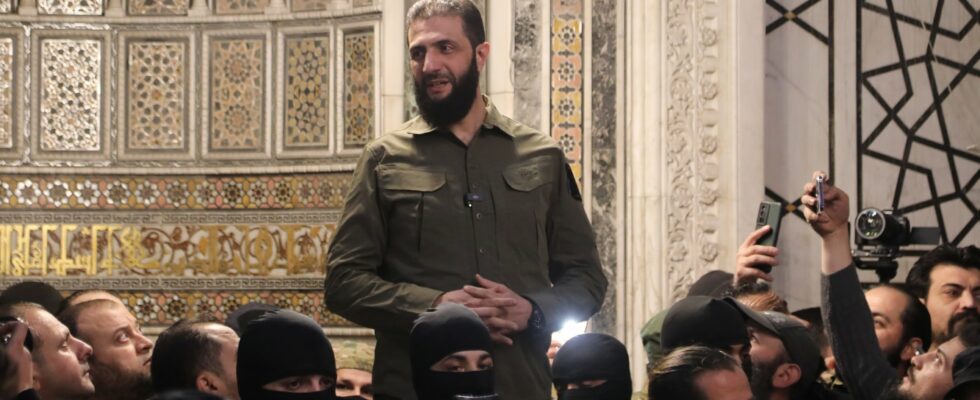The fall of Bashar al-Assad and his clan has reshuffled the cards in Syria. Last week, Islamist rebels from the HTC group, who led the coalition that ousted the dictator, chose the country’s new prime minister, Mohammed al-Bashir. He will lead “a government responsible for handling current affairs” until “the launch of the constitutional process”. But we will obviously have to count on Abou Mouhammad al-Jolani, the head of HTC, a former member of al-Qaeda in Iraq, who aspires to become visible on the international scene, even if his group remains classified as “terrorist” by several capitals. Western countries, including Washington.
He also met on Sunday, December 15, the UN special envoy for Syria, Geir Pedersen, the coalition announced on its Telegram channel. “We must ensure that Syria receives increased immediate humanitarian assistance for the population and for all refugees who wish to return,” said Geir Pedersen, whose visit is the first by a senior UN official since the Bashar al-Assad flees to Russia.
Several countries and organizations had welcomed the fall of Assad, but said they were waiting to see how the new authorities, Sunni Muslims, would treat the minorities of the multi-ethnic and multi-religious country. In the meantime, several have announced that they have established contact with them. After Washington on Saturday, the United Kingdom, through its head of diplomacy, David Lammy, announced on Sunday that it had established “diplomatic contacts” with HTS.
“First contacts”
France, for its part, announced the sending of a diplomatic mission to Damascus on Tuesday – the first in 12 years – to “establish initial contacts” with the new authorities. Doha also announced the reopening of its embassy in Syria on Tuesday, after the arrival on Sunday of a Qatari delegation in the country where it met the new authorities.
Turkey, a major player in the conflict in Syria and support of the new authorities, had already reopened its embassy in Damascus on Saturday after more than 12 years of closure. The country said it was “ready” to provide military aid if the new Syrian government requests it, according to its Defense Minister, Yasar Güler. He further affirmed that the new authorities had pledged to “respect all government institutions, the UN and other international organizations”, and promised to report any traces of chemical weapons to the Organization for the Prohibition of Chemicals. chemical weapons.
Ukrainian President Volodymyr Zelensky, for his part, announced that he wanted to provide Syria with grain and other agricultural products on a humanitarian basis. After 50 years of unchallenged rule by the Assad clan and relentless repression, the new authorities are working to reassure the international community.
